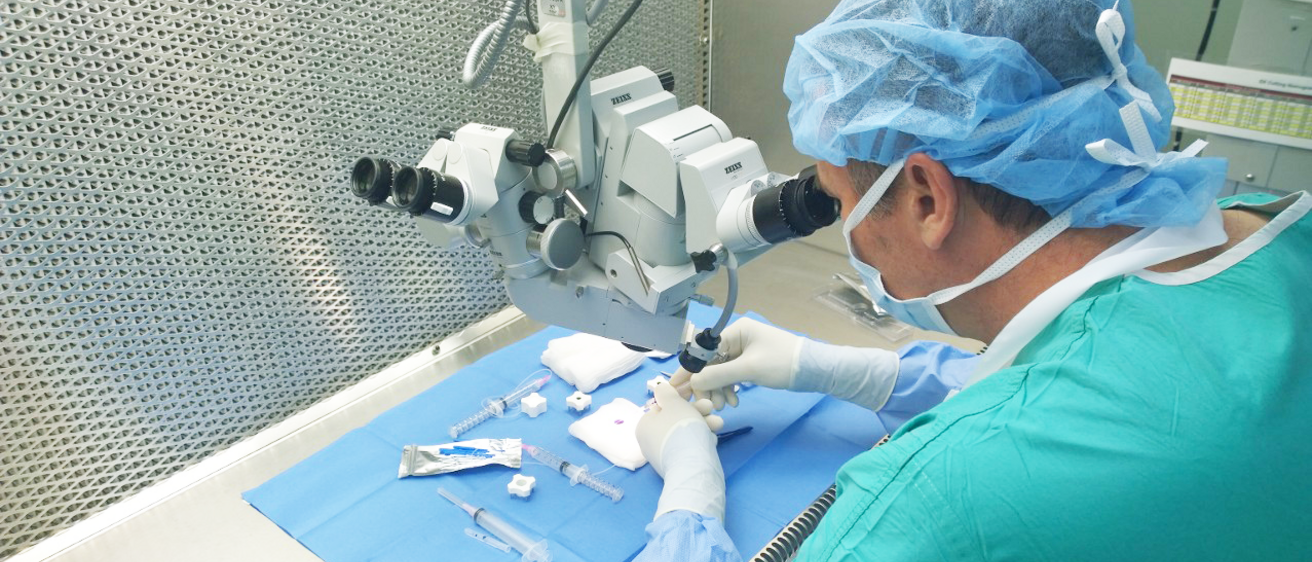
Iowa Lions Eye Bank partners with ophthalmologists worldwide to combat preventable blindness. Through our dedicated in-house research program, we work to uncover the causes of preventable corneal blindness and develop improved treatments and potential cures.
By supporting Iowa Lions Eye Bank and our research community partners, you help drive innovation and progress in the fight against vision loss. Consider making a contribution today to support this vital work and help shape a brighter future.
Give Online
Visit the UI Center for Advancement's website for funding opportunities and options for giving.
Download
Complete our contribution card and mail it along with your gift to the UI Center for Advancement on behalf Iowa Lions Eye Bank.
Please mail all items to the following address:
The University of Iowa Center for Advancement
PO Box 4550
Iowa City, IA 52244-4550

UI Center for Advancement
For questions about giving to Iowa Lions Eye Bank, contact Frank Descourouez, Associate Director of Development, Ophthalmology.
Phone: 319-467-3672

